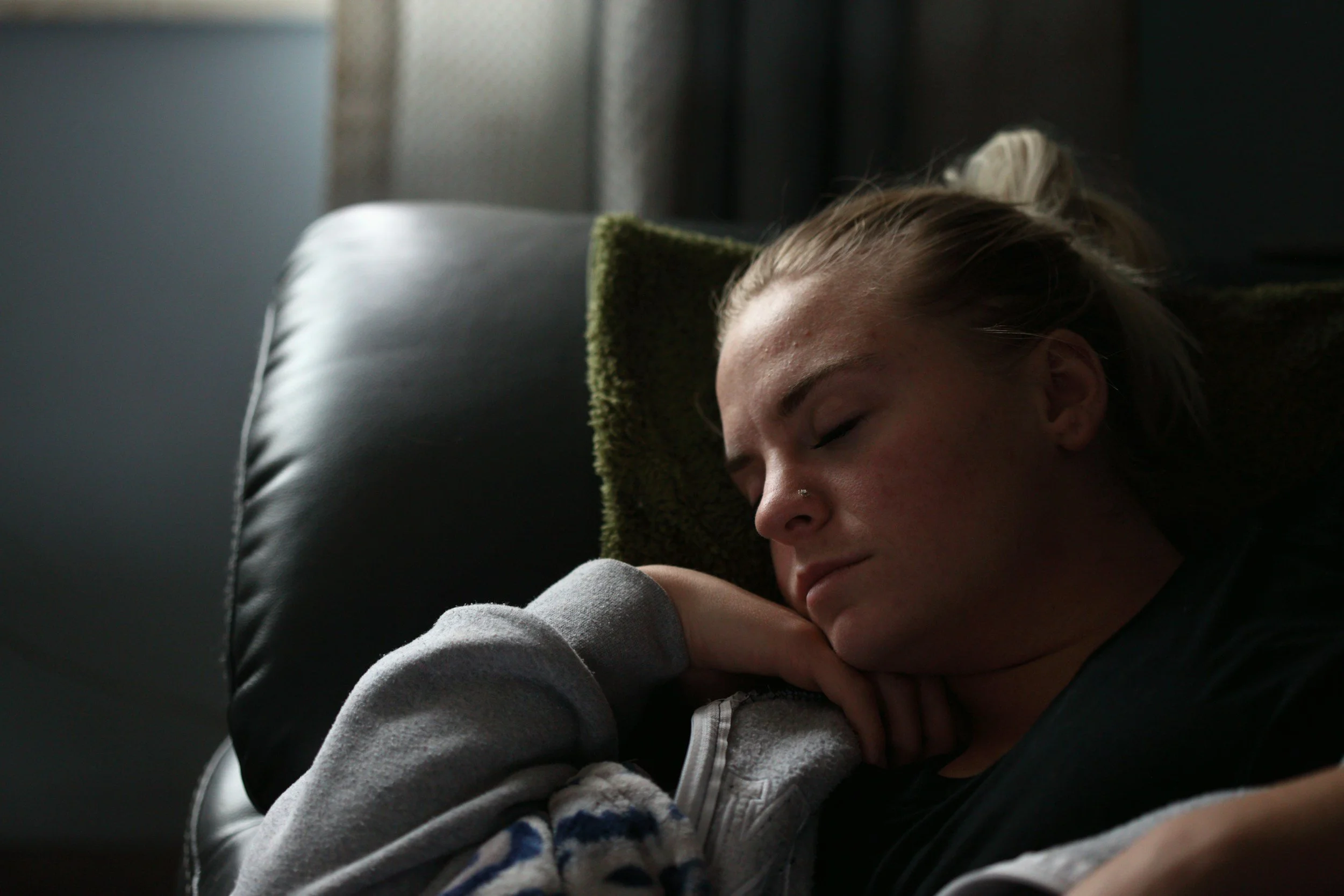Resources

Sometimes Surviving Is Enough: Setting the Bar at “Don’t Make It Worse”
There are moments when even basic functioning feels out of reach. And trying to push yourself into a place of thriving can actually make things worse.
Sometimes, the most compassionate thing you can do is to shift the goal entirely. Instead of trying to get better, what if the bar is just: don’t make it worse?

When Closeness Feels Unsafe: Navigating Intimacy After Trauma
For many people who’ve experienced trauma, especially relational trauma, intimacy can feel threatening. Even if you long for connection, your body might pull away. You might shut down, lash out, or feel overwhelmed by closeness you thought you wanted.
This isn’t about being avoidant or damaged. It’s often a trauma response. And it makes sense.

Vicarious Trauma: When Witnessing Pain Changes You
You don’t have to live through something directly for it to affect you deeply. Sometimes, simply witnessing someone else’s suffering can leave a lasting imprint. Whether it’s through your work, the news, or relationships, you may find yourself carrying pain that isn’t technically yours but still feels heavy.

Feeling Like a Burden: The Guilt and Shame That Depression Brings Into Relationships
When you're living with depression, your internal world can feel heavy enough. But for many people, that weight gets compounded by a painful belief: I'm a burden to the people around me. This thought isn’t just uncomfortable. It can reshape how you relate to others, deepening isolation, guilt, and shame in ways that are often invisible from the outside.
If this resonates with you, you’re not alone. And the pattern isn’t your fault. There are reasons this shows up, and there are ways to shift it.